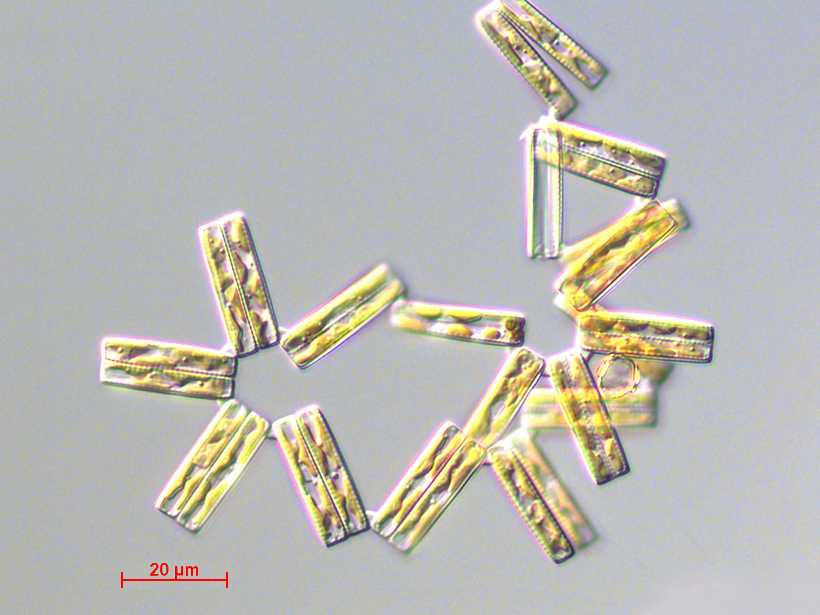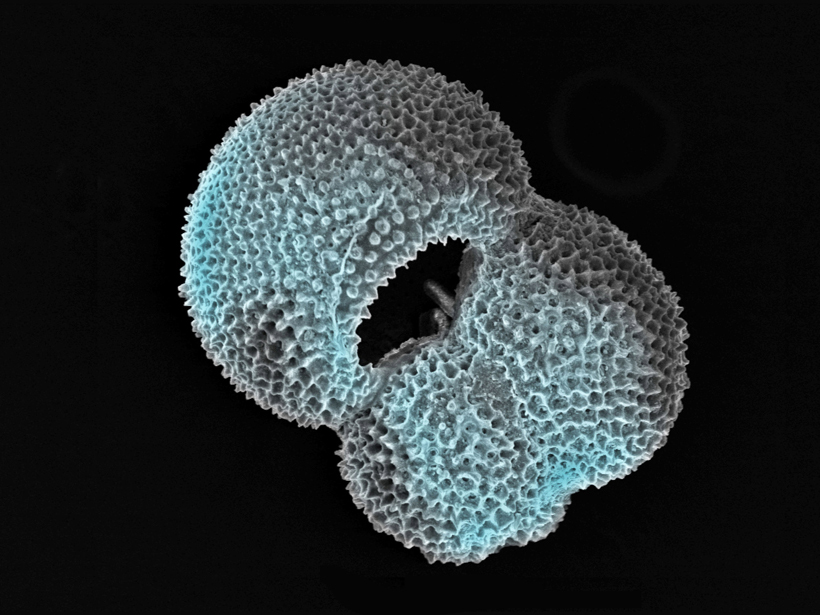Researchers use dissolved silicon concentrations to map out how currents may have changed millennia ago in the Pacific.
fossils & paleontology
Earth's Carbon-Climate Feedbacks Varied in Past Warming Episodes
Records from drill holes in the eastern equatorial Pacific indicate that Earth's orbital eccentricity played an important role in controlling climate as the planet warmed.
How Did Fragile Early Microbes Become Fossils?
During the Ediacaran period more than a half billion years ago, clay mineral coats likely shielded delicate remains, helping them become exquisitely preserved in rock, recent experiments suggest.
Characterizing Superwarm Periods in Earth's History
DeepMIP Kickoff Meeting; Boulder, Colorado, 14–15 January 2016
More Acidic Oceans Could Reduce Fertility for Algae Eaters
New research shows that increased levels of carbon dioxide in the oceans cause changes that alter key nutrients essential to the reproduction of animals low on the food web.
Plankton Reveal New Secrets About Ancient CO2 Levels
An analysis of phytoplankton shells doubles previous estimates of the amount of carbon dioxide in the atmosphere 11 million years ago.
Correlating Monsoon Strength with Boron Isotopes
Scientists tell the story of the past monsoon by measuring boron isotopes in organisms in the Arabian Sea.






